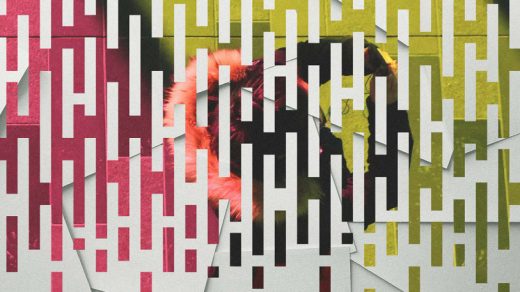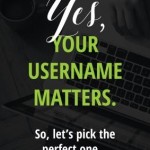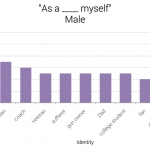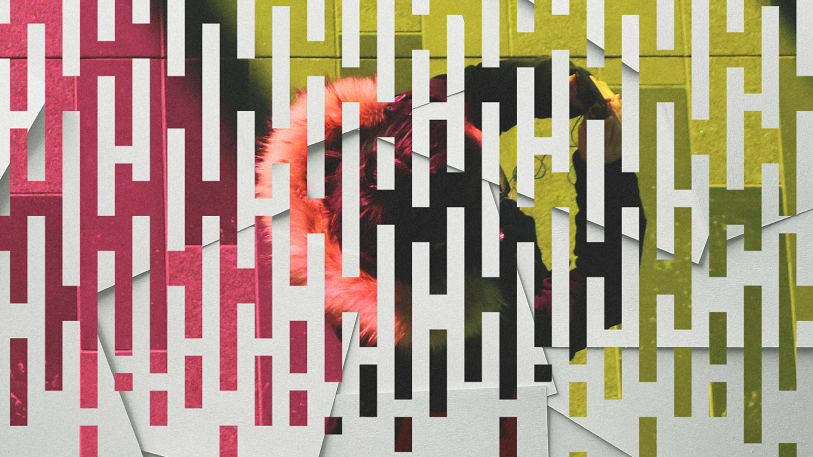This App Helps Refugees Get Bank Accounts By Giving Them A Digital Identity
If you move to Berlin, you need a bank account to rent an apartment, sign a contract for a mobile phone, or deposit a paycheck. But for refugees and asylum seekers–who typically don’t have the ID cards that most banks require–it can be nearly impossible to get an account.
A new startup called Taqanu is designing an alternative. Instead of asking for standard identification, it uses something that almost all refugees do have: a smartphone. An app installed on a phone can track someone’s digital data, including social networking, to prove their identity. Users will also create a “reputation network,” asking friends and family to vouch that someone is who they say they are. The app also asks refugees to upload photos of any documents they have, such as papers from a refugee camp in Greece. As the app is used, it continues to collect more evidence of someone’s identity.
“Basically, our goal is to constantly authenticate someone’s identity through their bank account, and use someone’s digital footprint as the source of identity,” says founder Balázs Némethi.

Némethi, who is originally from Hungary, started developing the idea for the service while living in Norway in 2015, as roughly a million refugees and asylum seekers arrived in Europe. “My home country erected a fence against refugees…I was very ashamed,” he says. “Everyone was asking me, ‘What is going on in Hungary?’ I couldn’t really defend my home, and I really felt angry. I wanted to do something to help.”
He drew on his own experience of the challenges of opening a bank account in a foreign country, something that can be difficult even with documentation. Refugees and asylum seekers often have nothing more than a temporary ID issued by the German government when they cross the border. A passport may have been lost along the way, or, in some cases, sold (a Syrian passport has black market value, since Syrians have priority in the asylum application process).
A German law that took effect in June 2016 requires that banks offer basic services to everyone, including refugees. But most banks have been slow to comply–in part because of conflicting government requirements for the level of identification to prevent money laundering. International banks also have to comply with international anti-money laundering laws that went into effect after the 9/11 attacks, or risk heavy fines, which means that they’re even more reluctant to give accounts to someone with questionable documentation.
Without a bank account, an asylum seeker can’t safeguard savings, and everyday transactions become more complicated. In Germany, a bank account is also required to sign a contract (like a lease) and necessary for most employers.
If someone can’t be paid by a typical employer, they’re more likely to work in the informal economy, in jobs that may pay less or be unsafe. “If you don’t actually have an account to be paid wages, it keeps people working in the black [market] economy,” says Radha Rajkotia, senior director for economic recovery and development at the International Rescue Committee, a global humanitarian organization. “That’s a major constraint.”
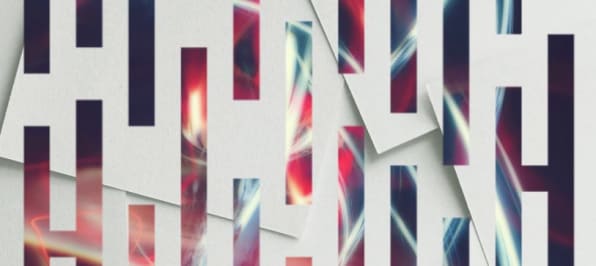
Taqanu (the name means “to be safe” in the ancient Middle Eastern language of Akkadian) plans to partner with a bank to offer basic banking services such as a limited checking account and limited debit card. The account is limited based on how much proof someone can provide of their identity (someone may be able to use the service only monthly, for example, if they have little data to share). Over time, the app continues collecting data, and the amount of service increases accordingly.
The app can also double as an alternative to a credit score by providing proof of a user’s trustworthiness. Over time, the startup plans to also work with credit or microfinance institutions who can offer other services, using Taqanu’s ability to identify customers as a screening tool.
There may be some challenges in marketing the service to refugees and asylum seekers, even if they are eager for bank accounts. “They may prefer having a good old-fashioned paper document, whether that’s a passport or an ID card, over something that leaves a digital trail, because they don’t necessarily want their movements and transactions to be recorded,” says Rajkotia. “Particularly if they have been moving across borders, or if they intend to.”
The service may have to specifically market its ability to keep that data secure, she says. “Addressing it very head-on would be very valuable to refugees and to users of the service,” she says. “I think that reassurance may be challenging to provide if you are working with these kinds of financial and regulatory environments.”
Advisors from larger companies, such as Microsoft and Deloitte, are helping the startup navigate as it tries to bring its service to market (it’s also a finalist in this year’s Global Social Venture Competition). Deloitte’s team is providing pro bono legal counsel. The startup is contributing to Microsoft’s larger open source decentralized identity initiative, and an expert from Microsoft has personally advised the company.
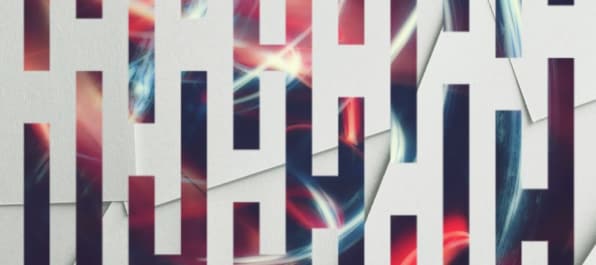
“I found Taqanu’s product and UX approach interesting–they see the user journey as a tailored progression to a better and better state of financial inclusion, and it really comes through in their app,” says Daniel Buchner, head of decentralized identity at Microsoft.
Buchner has advised the startup on helping potential partners understand that the project has wider commercial potential, not only humanitarian benefits. The approach is flexible enough “to enable greater financial inclusion across a wide demographic range,” he says. The biggest challenge the company faces is regulation.
“I’d say their number one challenge is governments and bureaucratic agencies being slow to adapt their models and regulations to enable new types of innovation that may not fit within the confines of rules that create a slew of unintended consequences,” he says. “These bodies have a duty to be proactive in understanding changes in technology to ensure organizations like Taqanu are freed up to pursue new ideas that could better the lives of people in need.”
Regulatory approval is a massive challenge to overcome, and though the company is in discussions with regulators, it’s unclear how long the process may take. “I am afraid the idea is good, but it’s all in the implementation and they don’t seem to have gotten very far,” says Kim Wilson, a lecturer in international business and human security at Tufts University who is currently studying refugee issues in Greece. “[Solving regulatory problems] is of course the problem, and if that were solved there would be a rush of fintech.”
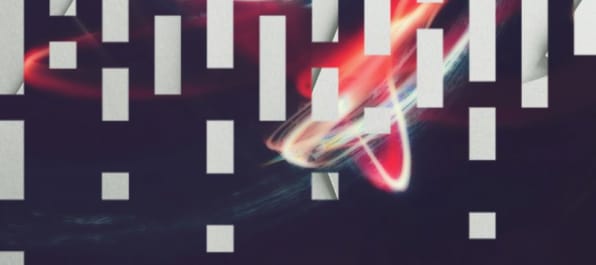
If regulators approve the service, and the startup also passes the hurdle of raising sufficient funding, it’s likely to only take a few more months to launch the service. Similar technology is already in use by credit scoring companies. The company also plans to use a blockchain-based digital ID that a group of others is collaborating to develop.
In July, the company will present its concept central bankers and policymakers at a forum during G20 summit in Hamburg, a gathering of 20 major nations. “What regulators are really interested in is how a company can offer a product that they haven’t thought of, because financial inclusion has been a huge problem globally,” says Némethi. “It’s interesting that they’ve always looked at the problem from a policy perspective and not a product perspective.”
The forum will also host a presentation from Banqu, a similar app. Banqu also uses blockchain technology to build digital identities for people without bank accounts. Both products could inspire governments to allow new services.
“Where there’s an interesting role for these kinds of new technologies to play I think is just in terms of showing how things could be done differently,” says Rajkotia. “In Europe and also in the Middle East, I think there’s a real opportunity for technology to show the path forward in terms of how policymakers might think about ID systems and provide proof-of-concepts of how some of these things might work.”
(45)

